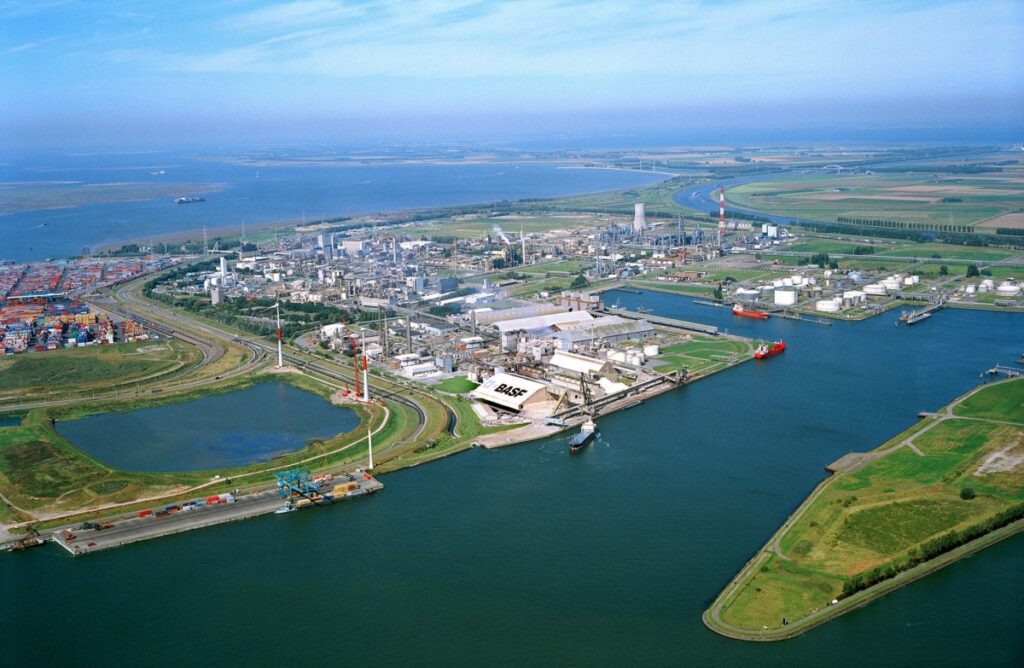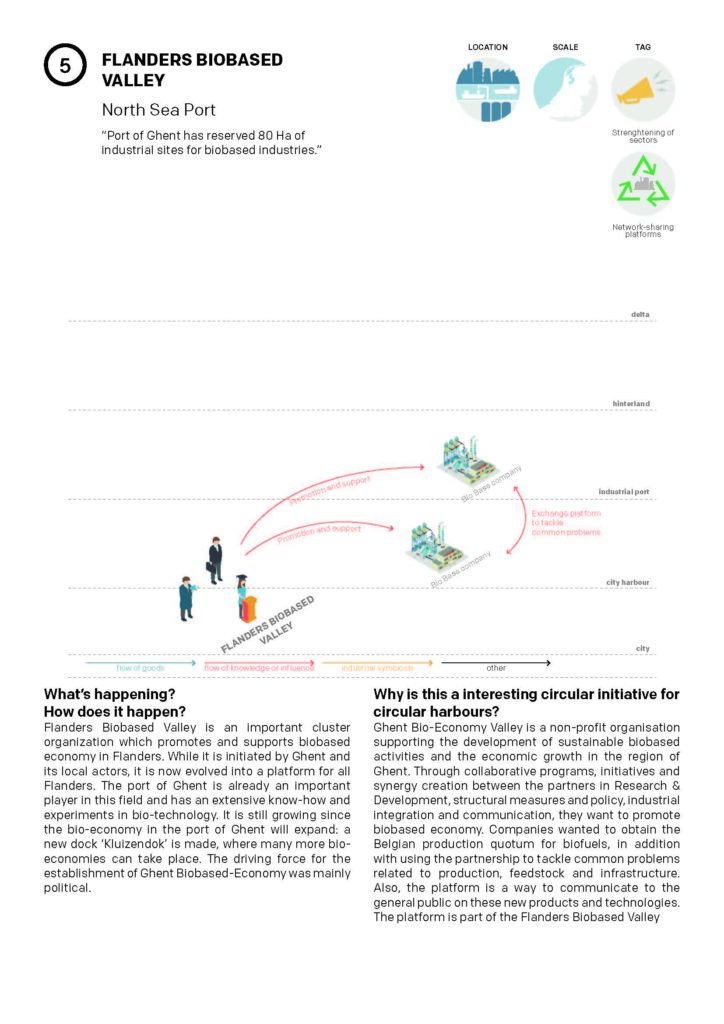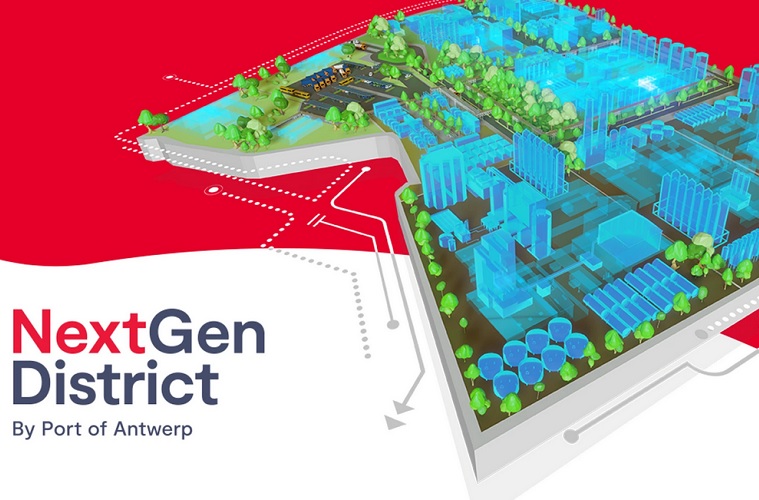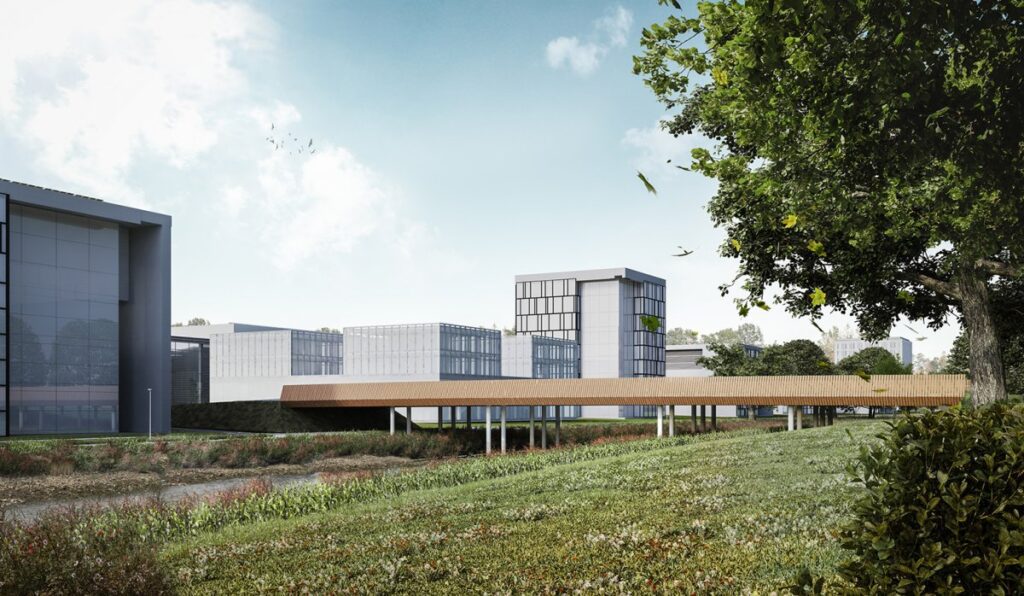A cluster organization which promotes and supports biobased economy in Flanders
What’s happening? How does it happen?
Flanders Biobased Valley is an important cluster organization which promotes and supports biobased economy in Flanders. While it is initiated by Ghent and its local actors, it is now evolved into a platform for all Flanders. The port of Ghent is already an important player in this field and has an extensive know-how and experiments in bio-technology. It is still growing since the bio-economy in the port of Ghent will expand: a new dock ‘Kluizendok’ is made, where many more bio-economies can take place. The driving force for the establishment of Ghent Biobased-Economy was mainly political.
Why is this an interesting circular initiative for ports?
Ghent Bio-Economy Valley is a non-profit organisation supporting the development of sustainable biobased activities and the economic growth in the region of Ghent. Through collaborative programs, initiatives and synergy creation between the partners in Research & Development, structural measures and policy, industrial integration and communication, they want to promote biobased economy. Companies wanted to obtain the Belgian production quotum for biofuels, in addition with using the partnership to tackle common problems related to production, feedstock and infrastructure. Also, the platform is a way to communicate to the general public on these new products and technologies. The platform is part of the Flanders Biobased Valley
Port of Ghent has reserved 80 Ha of industrial sites for biobased industries.
What is the relation with the port and water?
The port of Ghent wants to attract many more biofuel production sites, next to the already existing ones. Many big companies in bio-economy are positioned along the canal Ghent-Terneuzen. The new Kluizendok has the aim to facilitate more bio-economy, with the connection of water for the import of raw materials via sea or to transport end products inland.
What is the relation with the city?
Because of the development of biotechnology in Ghent, they give attention to the development of science parks. (22ha of 100 ha is already developped). New biotech companies are still welcome in the science park, but also a new science park will be made. The city of Ghent also provides space for business development in different strategic area’s: The Loop, Eiland Zwijnaarde, Artevelde Soccer Stadium… It is, however, not clear if any of the bioproducts are yet used in the policy making of the city.
What are the ambitions?
It all started from the government’s demand to start producing biofuel: Ghent launched in 2005 then a biofuel production facility. Now, the Flanders Biobased Valley is one of the biggest integrated production sites for bio-energy. Nowadays, the main goal is the promotion of biobased economy through technological innovation, cluster formation, public awareness and provision of services. Nowadays, it represents 90% of the biofuel production in Flanders. The aim is to extend the know-how to all of Flanders, to make it one of the most competitive regions in Europe.
Who is behind it?
Flanders Biobased Valley is a joint initiative of Ghent University, the City of Ghent, the Port of Ghent, the Development Agency East-Flanders and a number of industrial companies related to the Ghent region that are active in the fields of generation, distribution, storage and use of biobased products and bio-energy.
Companies which are located in the North Sea Port are: Alco Bio Fuel, ArcelorMittal, Biopark Terneuzen, Bioro, Electrabel GDF Suez, Oiltanking Ghent, Oleon Biodiesel, Sea-Invest/ Sea-Tank Terminal and Stora Enso Langerbrugge. Inbiose is located in the technology park of GhentZwijnaarde, south of the city.




